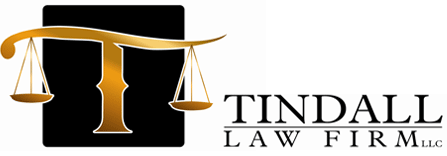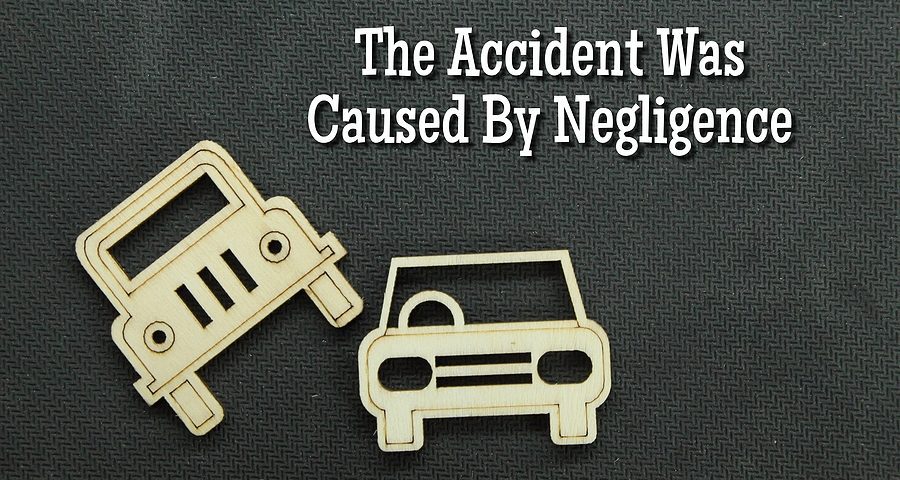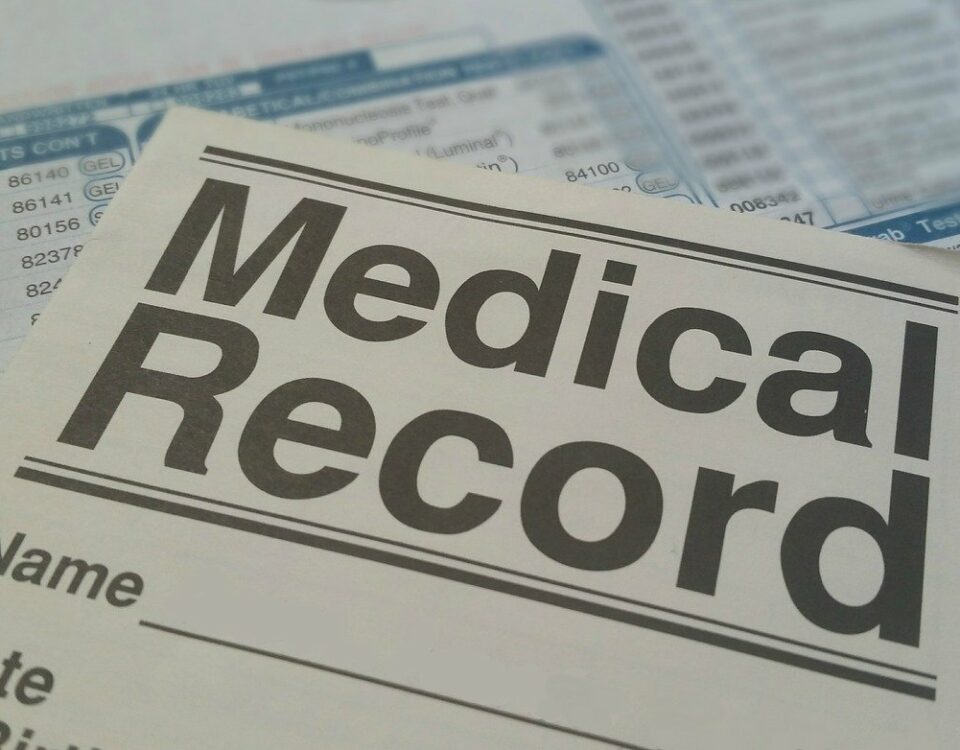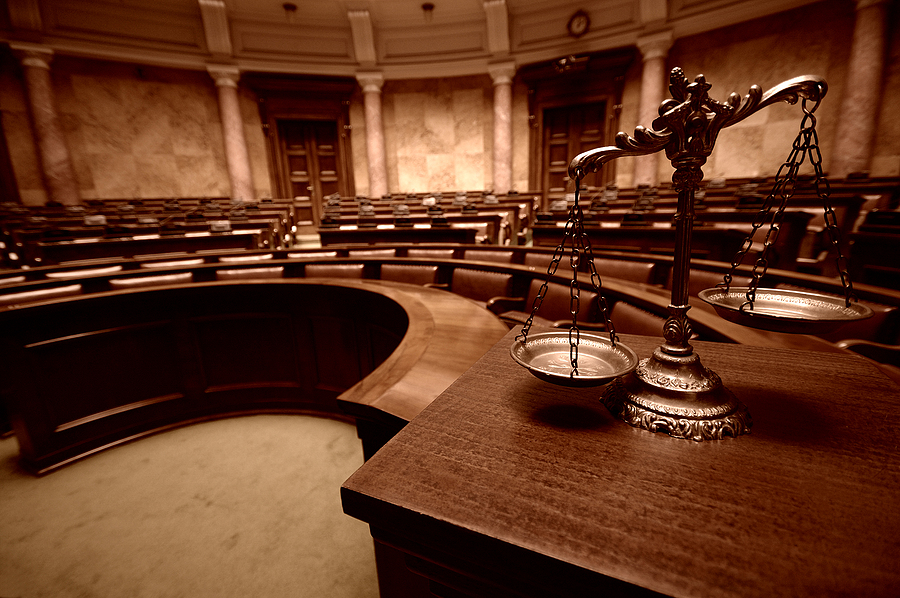Reckless vs. Negligent
A Tradition of Excellence
 Sampling of Successful Case Resolutions
Sampling of Successful Case Resolutions
 Read our answers to some frequently asked questions.
Read our answers to some frequently asked questions.
Statement
 View Our Mission Statement
View Our Mission Statement

Understanding Insurance Companies and Why Juries Are Not Allowed to Hear That the At Fault Defendant is Covered by Insurance.
October 4, 2021
Connecticut Delivery Driver Accidents
January 11, 2022In this article I will explain the differences between reckless vs. negligent.
When experiencing an accident and suffering an injury your legal team will need to look at whether the accident was caused by negligence or reckless behavior. There are some distinct differences in these two wrongful behaviors and one will bring with it increased compensation.
Recklessness Explained
To help explain the difference between these two behaviors let me provide this scenario. Say I was driving at 65mph in a 55mph zone and the light clearly was yellow and as I approached it I saw it turn red. At this point I make the unwise decision to press the gas pedal to accelerate to fly through the light, thus causing an accident. This would, in more ways than one, be considered reckless. Speeding and not yielding to the red light both are acting in disregard of the risk of harm to others. Driving while intoxicated with alcohol or drugs or driving one’s vehicle over the double yellow lines onto the wrong side of the road are other common examples of recklessness.
Recklessness means that the defendant consciously knew what they were doing, and still went ahead regardless of that knowledge.
Connecticut’s reckless driving law prohibits someone from driving a motor vehicle “recklessly, having regard to the width, traffic and use of the highway.” Certain specific actions such as driving at a speed that endangers the life of someone other than the driver or driving at more than 85 miles per hour are specifically set out as violations.The CT Higher courts define it in the following manner:
“Reckless conduct tends to take on the aspect of a highly unreasonable conduct, involving an extreme departure from ordinary care, in a situation where a high degree of danger is apparent.” Shay v. Rossi, 253 Conn. 134, 181 (2000).
Commonly accepted legal concepts relating to a reckless act tend to include in its meaning creation of a substantial and unjustifiable risk of harm and a conscious disregard or indifference to that risk. “Recklessness requires a conscious choice of a course of action either with knowledge of the serous danger to others involved in it or with knowledge of facts which would disclose this danger to any reasonable man, and the actor must recognize that his conduct involves a risk substantially greater…than that which is necessary to make his conduct negligent.” Bishop v. Kelley, 206 Conn. 608, 614-615 (1988).
Substantial Connecticut case law regarding reckless driving tends to follow that line of interpretation. Connecticut courts seem to feel that under the reckless driving law, there must be a conscious choice of a course of action either with knowledge of the serious danger involved for others or with knowledge of the facts that could disclose this danger to any reasonable person. But to infer recklessness in a driver’s conduct, there must be more than failure to exercise a reasonable degree of watchfulness to avoid danger to others. Recklessness is considered more than negligence.) More…
Negligence Explained
In the case of negligence, if I was driving and spilled my coffee, checked a text message, was changing the radio station or failed to maintain turn signals on my car, and caused an accident, these would be examples more of negligent behavior. Negligence is most common basis of liability in accidents. Anytime an accident is caused due to one party being careless, inattentive, distracted and even incompetent it can be considered caused by negligence. Negligence is typically failure to do something that a reasonable person would have done, or doing something that a reasonable person would not have done under the same circumstances that the negligent person faced
Negligence means you owe others a duty of care and you breach that duty of care by acting in a way that harms another by not behaving as a reasonable person would have in the same circumstances one faces.
Additional examples of negligence while driving would include not using a turn signal, driving distracted, not paying attention, and failing to apply one’s brakes, failing to yield the right-of-way at an intersection. Negligence, or ignoring the rules of the road, can cause car accidents by failing to follow the accepted standards of care while driving. Statistics show that most drivers on the road today are guilty of one of these negligent behaviors at least once every 30 days or more.
Why you need to know the difference
The main difference in reckless and negligent behavior is the state of mind of the wrongful conduct. Negligent behavior is typically carelessness, whereas reckless behavior is a conscious choice to engage in behavior that one knows is dangerous to another.
If recklessness is found by the court, then the Plaintiff harmed can be entitled to double or treble damages under the Connecticut motor vehicle statue Section 14-295, and/or punitive damages or attorney’s fees under what is called common law (court made law) recklessness. Whereas negligence damages do not include this enhanced compensation.
Retaining legal counsel after a vehicle accident in Connecticut
Hiring a personal injury lawyer in Waterbury or Hartford is the best way to prove if a driver was negligent or reckless during an automobile accident.
When an accident is caused by a reckless, drunk or distracted driver, you may be able to collect double, treble or punitive damages. If you are injured by an uninsured/underinsured driver or if you do not have health insurance, you will still be able to pursue a claim under applicable law in Connecticut.
Regardless of the nature of the vehicle accident, it is important that you speak with an attorney about your injuries as soon as possible. You should also seek medical attention immediately after an accident, even if you think your injuries are minor. To schedule a free consultation, please call 203.755.0018 today. Tindall Law Firm, LLC has nearly 25 years of experience handling claims that involve negligence and recklessness.










